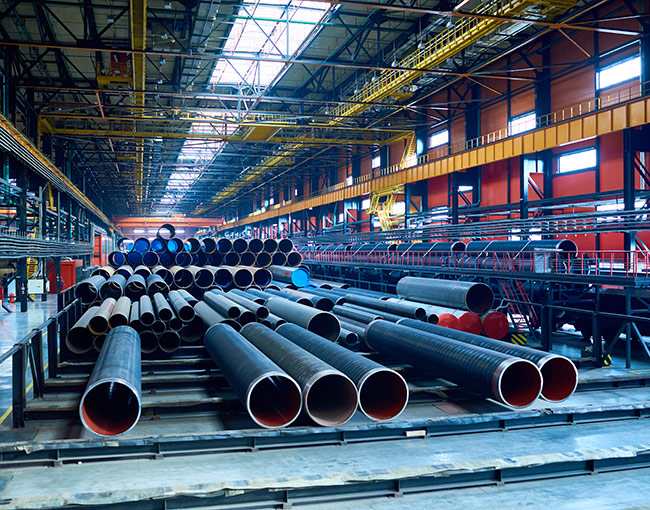When it comes to the world of business, there are two main types of operations: domestic and commercial. While these terms may seem straightforward, there are actually many differences between the two that can have a significant impact on how they operate and the services they provide. In this article, we will explore the key differences between domestic and commercial operations, and how they can affect your business.
Domestic Operations
Domestic operations refer to businesses that operate within a residential setting. This can include everything from home-based businesses to small retail stores in residential areas. Domestic operations are typically smaller in scale than commercial operations, and they often have fewer employees and less revenue.
One of the main differences between domestic and commercial operations is the level of regulation. Domestic operations are often subject to fewer regulations than commercial operations, which can make it easier to start and run a business. However, this also means that there may be less oversight and accountability, which can lead to issues with quality control and customer service.
Another key difference is the target audience. Domestic operations typically cater to individual consumers, while commercial operations focus on businesses and organizations. This means that domestic operations may have a more personal touch, while commercial operations may be more focused on efficiency and productivity.
Commercial Operations
Commercial operations, on the other hand, refer to businesses that operate in a commercial setting. This can include everything from large corporations to small businesses in commercial areas. Commercial operations are typically larger in scale than domestic operations, and they often have more employees and higher revenue.
One of the main differences between commercial and domestic operations is the level of regulation. Commercial operations are often subject to more regulations than domestic operations, which can make it more difficult to start and run a business. However, this also means that there is more oversight and accountability, which can lead to better quality control and customer service.
Another key difference is the target audience. Commercial operations typically cater to businesses and organizations, while domestic operations focus on individual consumers. This means that commercial operations may have a more professional tone, while domestic operations may be more casual and personal.
Conclusion
In conclusion, the difference between domestic and commercial operations is significant and can have a major impact on how a business operates. While domestic operations may be easier to start and run, they may also have less oversight and accountability. Commercial operations, on the other hand, may be more difficult to start and run, but they may also have better quality control and customer service. Ultimately, the choice between domestic and commercial operations will depend on the specific needs and goals of your business.


